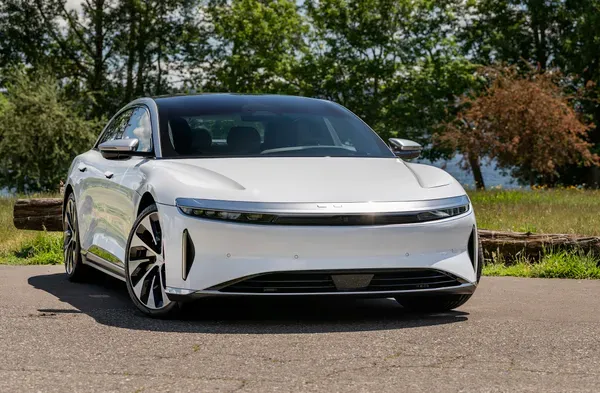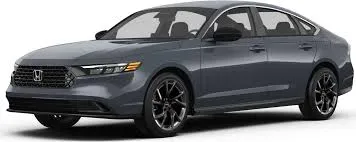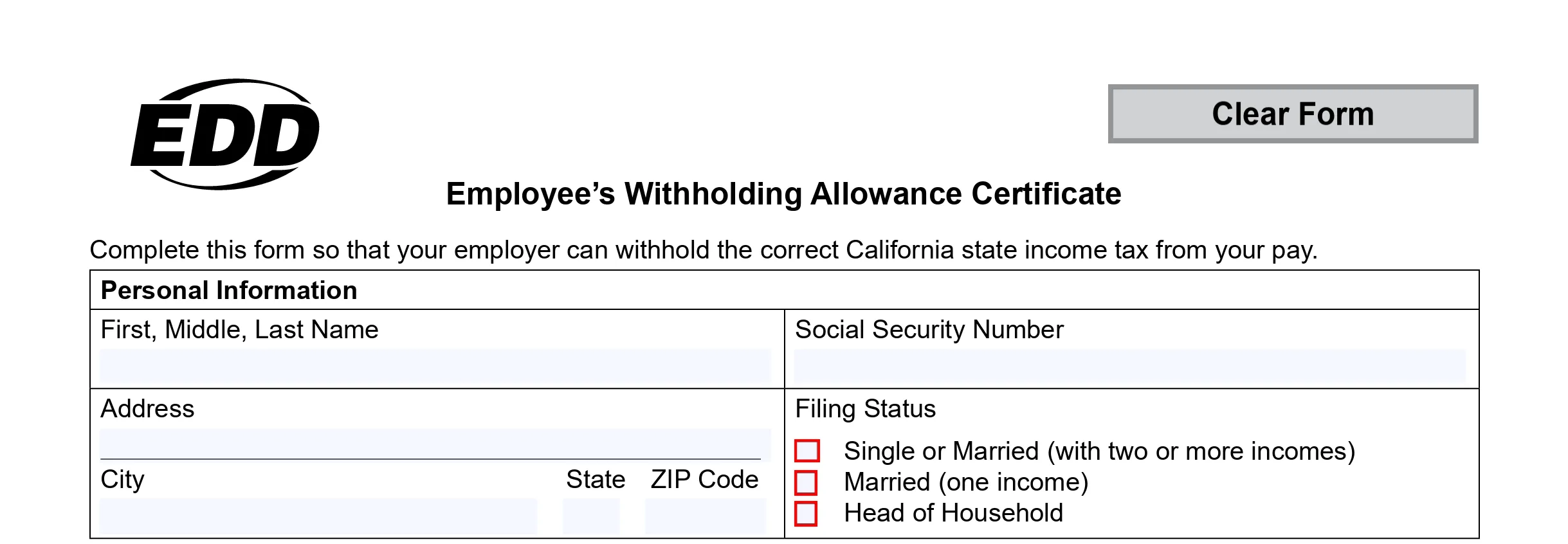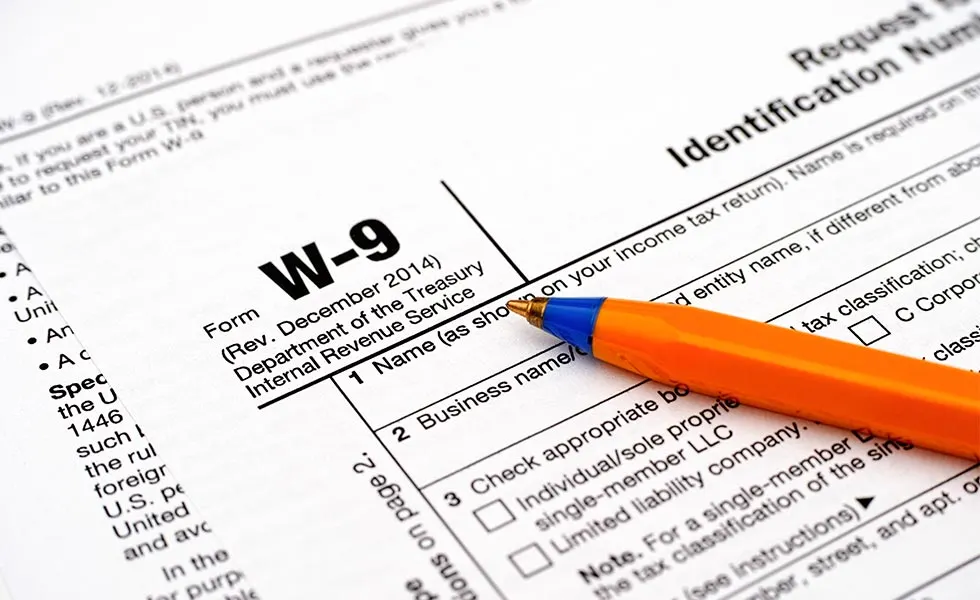Leasing vs. Buying a Car: Which Is Better for You?
Deciding whether to lease or buy your next car can be a tough decision. Both options have their unique advantages and potential drawbacks. Your choice will ultimately depend on your personal preferences, financial situation, and driving habits. Here's a comprehensive look at the pros and cons of leasing and buying a car to help you make an informed decision.

Pros and Cons of Leasing a Car
Pros:
- Lower Monthly Payments: Leasing typically offers lower monthly payments compared to buying, making it an attractive option for those on a tighter budget.
- Drive a New Car Every Few Years: Leases usually last 2-3 years, allowing you to drive a new car more frequently without a long-term commitment.
- Less Maintenance Hassle: New cars are less likely to need major repairs, and many leases come with warranty coverage that lasts the duration of the lease.
- Potential Tax Benefits for Business Owners: Leasing a car can provide tax benefits, especially for business use. Consult with a tax professional to understand how this might apply to you.
Cons:
- Mileage Limits: Leases come with mileage limits, typically between 10,000 to 15,000 miles per year. Exceeding these limits can result in hefty fees.
- Wear and Tear Fees: You may be charged for excessive wear and tear at the end of the lease.
- No Ownership Equity: Lease payments do not build equity. At the end of the lease, you must return the car and have no ownership stake.
Pros and Cons of Buying a Car
Pros:
- Full Ownership: Once the car is paid off, it's yours. There are no mileage limits, and you can keep it as long as you like.
- Customization: You can modify and customize the car to suit your tastes and needs without worrying about violating lease agreements.
- Long-Term Cost Savings: While monthly payments might be higher, buying a car is generally more cost-effective in the long run if you keep the car for several years.
- Resale Value: You can sell or trade in the car anytime, potentially recouping some of your investment.
Cons:
- Higher Monthly Payments: Buying a car typically requires higher monthly payments compared to leasing.
- Depreciation: New cars depreciate quickly, and the resale value may be significantly lower than the purchase price.
- Maintenance Costs: As the car ages, it may require more maintenance and repairs, which can be costly without a warranty.

Key Considerations
- Monthly Budget: If you need lower monthly payments, leasing might be a better fit. However, buying can be more cost-effective over time.
- Mileage Needs: Frequent drivers should consider buying to avoid mileage limit fees associated with leasing.
- Car Preferences: Leasing allows you to drive new cars more frequently, while buying is better for those who prefer to keep their cars long-term.
- Usage Purpose: Business owners might find leasing more beneficial due to potential tax deductions. Always consult with a tax professional for specific advice.
Conclusion
There is no one-size-fits-all answer to whether leasing or buying is better. It depends on your financial situation, driving habits, and personal preferences. Consider all the factors carefully before making your decision.
Disclaimer: This blog is meant for informational purposes only and should not be considered as tax advice. Consult with a qualified tax professional or advisor for personalized guidance based on your specific situation.
Reach out to us today at [email protected], and let's work together to optimize your tax situation and financial well-being. Your journey towards a more tax-efficient future starts here.



